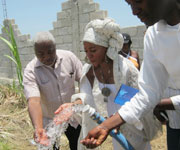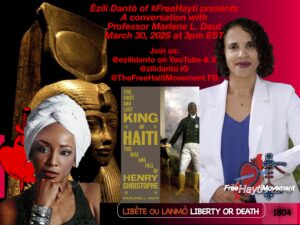A Very Historic Moment in Caribbean Studies: Boisrond-Tonnerre’s Mémoires Pour Servir A L’Histoire D’Hayti, 1804.
Thanks to Jean Jonassaint, Associate Professor of French and Francophone Studies at Syracuse University for making the 1804 memoir of Louis-Félix Boisrond Tonnerres, the first Hayti historian available online.
“All the facts contained in these memoirs are part of the history that we shall transmit to posterity. May our descendants be happier than we are and know of the French only their name, and may they read the history of our dissensions and our faults as they would the account of a dream erased by their happiness!” — — Adjutant General Boisrond-Tonnerre’s Memoires Pour Servir A L’Histoire D’Hayti, 1804
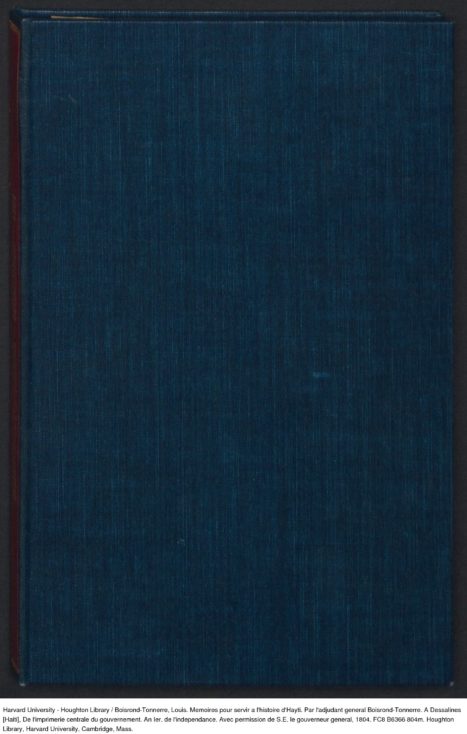
Louis Felix Mathurin Boisrond Tonnerre
Go here and here and at Hayti’s Revolutionary Calendar for some discussion of the enormous significance of Adjutant General Boisrond-Tonnerre’s history of the Hayti Revolution. He was witness, participant and he documented, in the year of Hayti’s Independence, our history, his eyewitness testimony before his treacherous assassination by the Mulatto sons of France, Petion/Boyer who killed the revolution.
Adjutant General Boisrond-Tonnerre was secretary to General Janjak Desalin (Jean Jacques Dessalines), Hayti’s founding father. Nothing that comes after has as much weight as this writing by a participant and official secretary to Hayti’s founding father. Maybe one day, I’ll show the raw blood, flesh and sinew outlined therein. For now, the 1804 original (if the Colonists hasn’t altered it while at their archives), is a good guide to debunk some of Thomas Madiou’s sometimes false and mostly pro-Petion-Eurocentric recounting of the Hayti revolution. We know the colonial narrative demonizes Hayti’s revolution, peoples, and founding father to muddy the waters for their advantage as the white saviors. But #FreeHaiti reMEMBERS and honors forever: Adjutant General Louis Felix Mathurin Boisrond-Tonnerre, Hayti’s most sacred historian.
“May the sea on which they sail to invade our island allow them to behold for an instant the prosperity which the country will enjoy under your benevolent auspices, and may the waves vomit them against our rocky shores only so they can be made to expiate by our very hands the crimes they committed for two centuries! May the war you declare against them never end, and may the presence of an armed White man be the signal for war! Aytians, who have been saved from the curse of prejudice by the courage of a hero, as you read his memoirs you will measure the depth of the abyss from which he has lifted you! And as for you, who live in slavery in various countries, you will learn through this great man that Man naturally carries liberty in his heart and that he holds the keys of this freedom in his hands.”– Adjutant General Boisrond-Tonnerre’s Memoirs, 1804
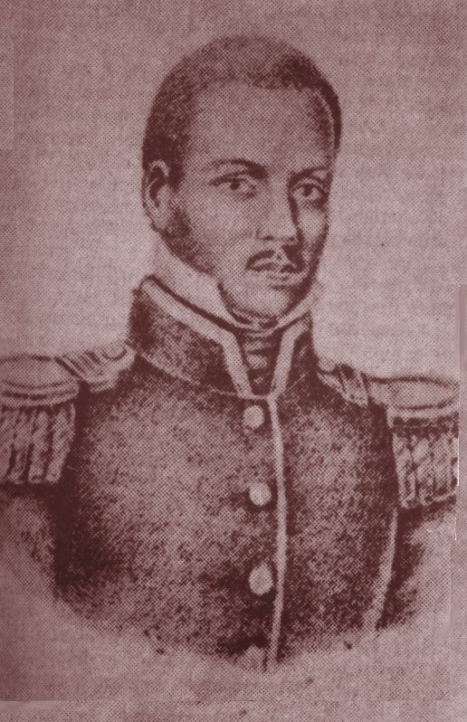
Brief Bio
“Louis Félix Mathurin Boisrond Tonnerre (aka Boisrond Tonerre;) a mulatto (who) served as Jean-Jacques Dessalines’ secretary. He drafted the final version of the Haytian Act of Independence which was read by (Janjak Desalin) Dessalines on the Place d’Armes of Gonaïves on January 1, 1804.
Boisrond-Tonnerre was born Louis Boisrond in Torbeck in southwest Hayti. He acquired the name “Tonnerre”, as an infant when his cradle was hit by lightning. His father, amazed that his infant son was unharmed, gave him the name “Tonnerre”. Boisrond-Tonnerre studied in France before returning to Hayti.
When leaders of the Haytian Revolution were reunited at the home of Dessalines on Dec. 31, 1803, to draft the Haytian Declaration of Independence, Tonnerre felt that it was much too mild. When the same group met at 7 a.m. the next day at the Place d’Armes in Gonaives for the independence ceremony Tonnerre was missing.
Soon found, it was learned that he had spent the entire previous night rewriting the proclamation, which was the one actually read.
Tonnerre, while being drunk is said to have exclaimed, after reading a first draft of the Act of Independence by Charéron (a mulatto): “All that which has been formulated is not in accordance with our true feelings; to draw up the Act of Independence, we need the skin of a white man for parchment, his skull for a writing desk, his blood for ink, and a bayonet for pen.”
Boisrond -Tonerre is the author of ” Mémoires pour servir à l’histoire d’Hayti “
Boisrond Tonnerre was with Dessalines at Pont – Rouge (then Pont Larnage), on October 17, 1806 when Dessalines was assassinated in an ambush.” — Source here
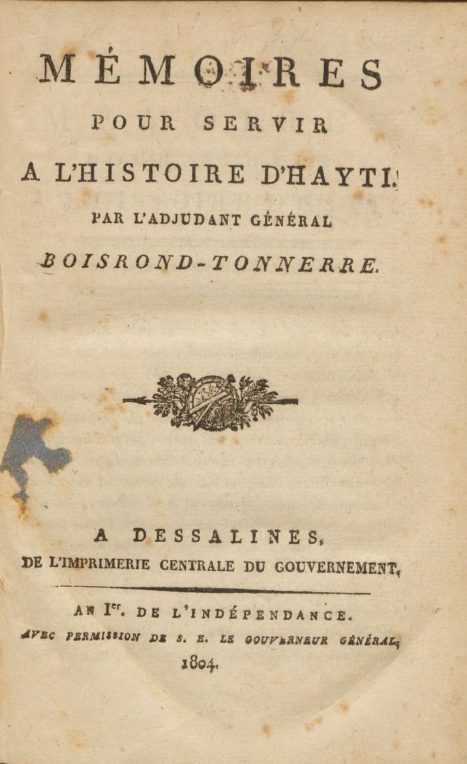
Add a comment:
Powered by Facebook Comments

